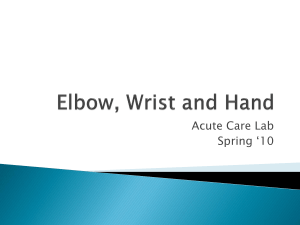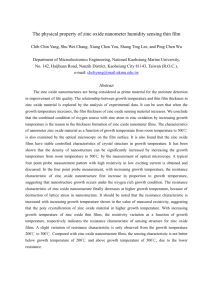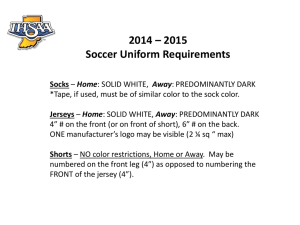Blisters
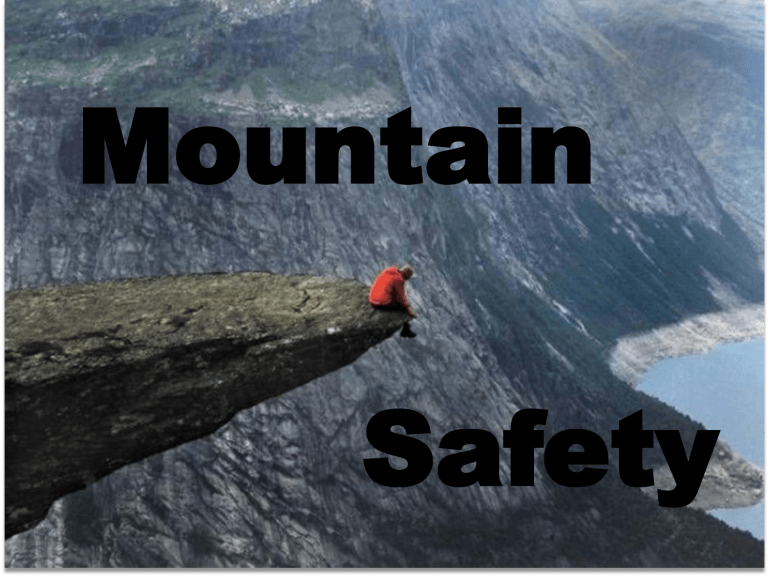
Mountain
Safety
MS 1_5:
FA Basics
(Blisters)
Learning Intention:
To equip you with the knowledge to avoid and treat blisters.
Success Criteria:
By the end of this session everyone should be able to:
• Describe what steps to take to avoid and treat blisters when walking.
Some of you may be able to:
• Apply zinc oxide tape to hot-spots.
Activities:
1. Brainstorm/Powerpoint:
- What causes blisters?
- What can you do to avoid them?
- How should you treat them?
2. Practical
- Zinc Oxide tape
- Blister pads
What causes blisters?
Friction between your skin and your sock or boot
Due to poor fit or foot preparation
Your body’s way of protecting a sore area from further harm by creating a cushion of fluid
Preparation
Try out your boots (and socks) before a long walk
If boots are loose , tighten laces or wear additional socks
If boots are too tight , get bigger ones
Apply Zinc Oxide tape to known hot-spots beforehand
Zinc Oxide tape?
Available from chemists
Should be a roll (or two) in your 1 st Aid Kit
Helps conduct heat away from hot spots
Doesn’t rub off or take skin away (unlike plasters!)
On the walk
If your feet start to hurt,
STOP and address the problem
Adjust boots/socks
Apply tape to hot-spots
If you do not fix the problem, it will get much worse
Treatment
If you do get a blister…
• Don’t burst it until you get home
• This risks infection and greater damage to skin
If it bursts by itself…
• Apply ZO2 tape and/or blister pad over wound
• If possible, let it dry out overnight before re-applying dressing
• Use antiseptic cream on raw skin
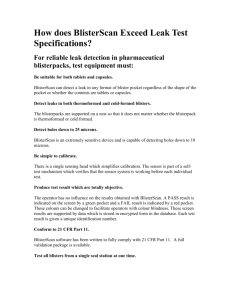


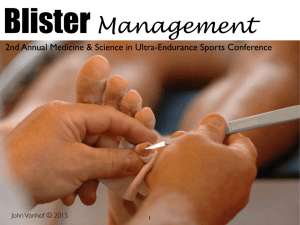

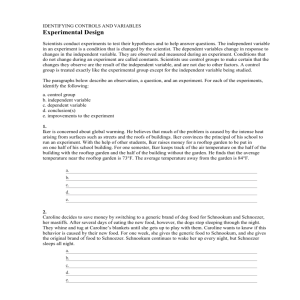
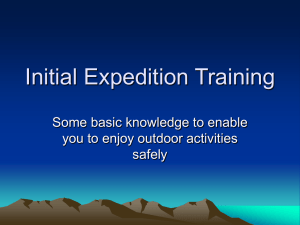
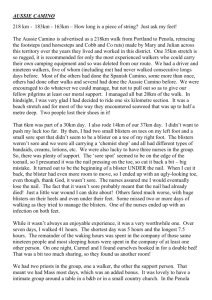
![First Aid Training : Bronze [Power Point]](http://s2.studylib.net/store/data/005424634_1-e0b0e5e602f7c1666ebc2e9ff3f4a1b5-300x300.png)
